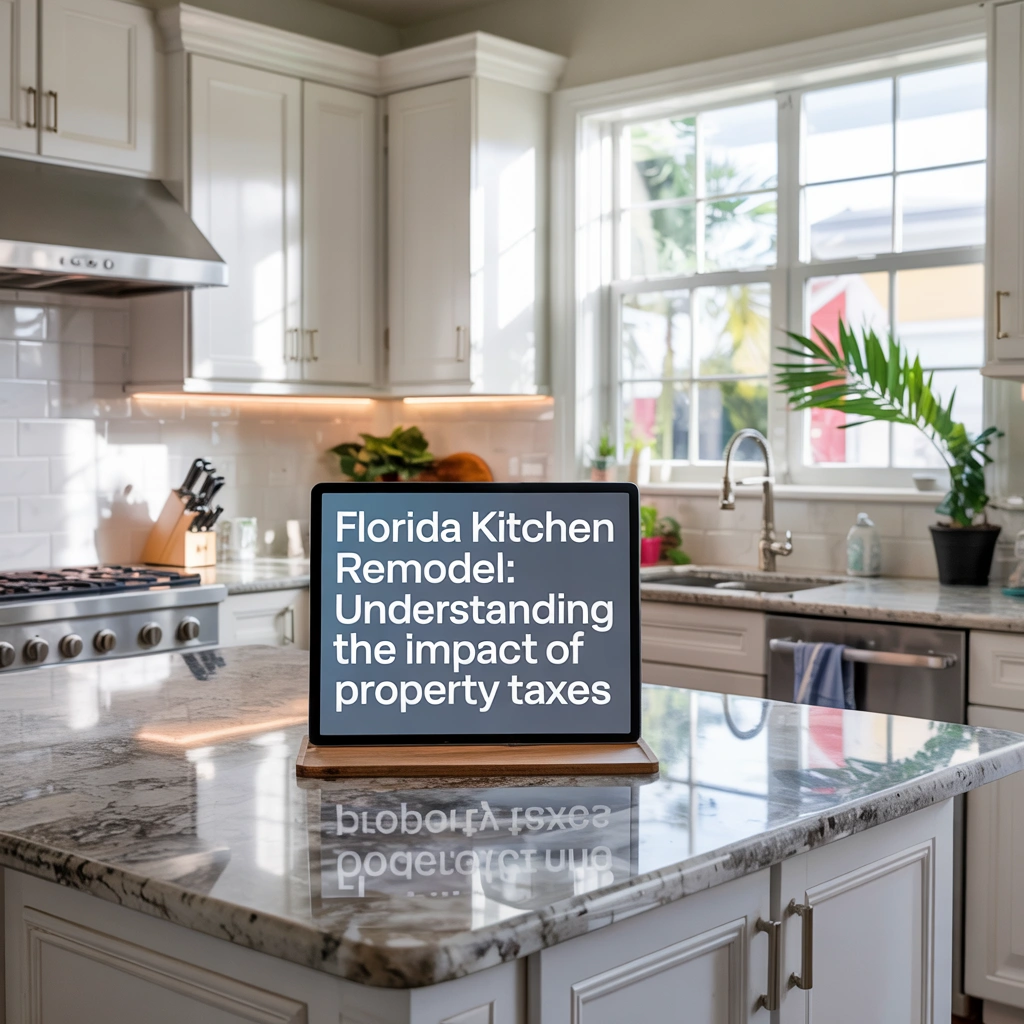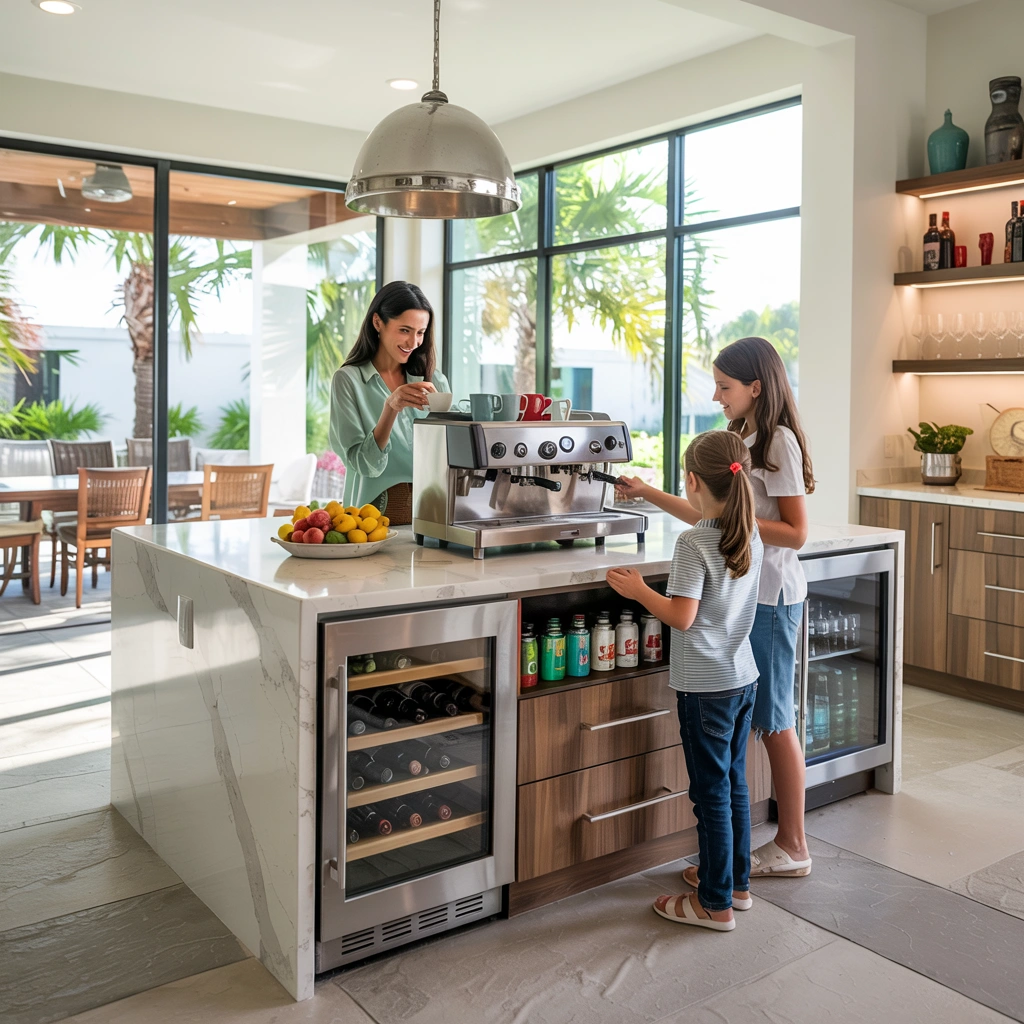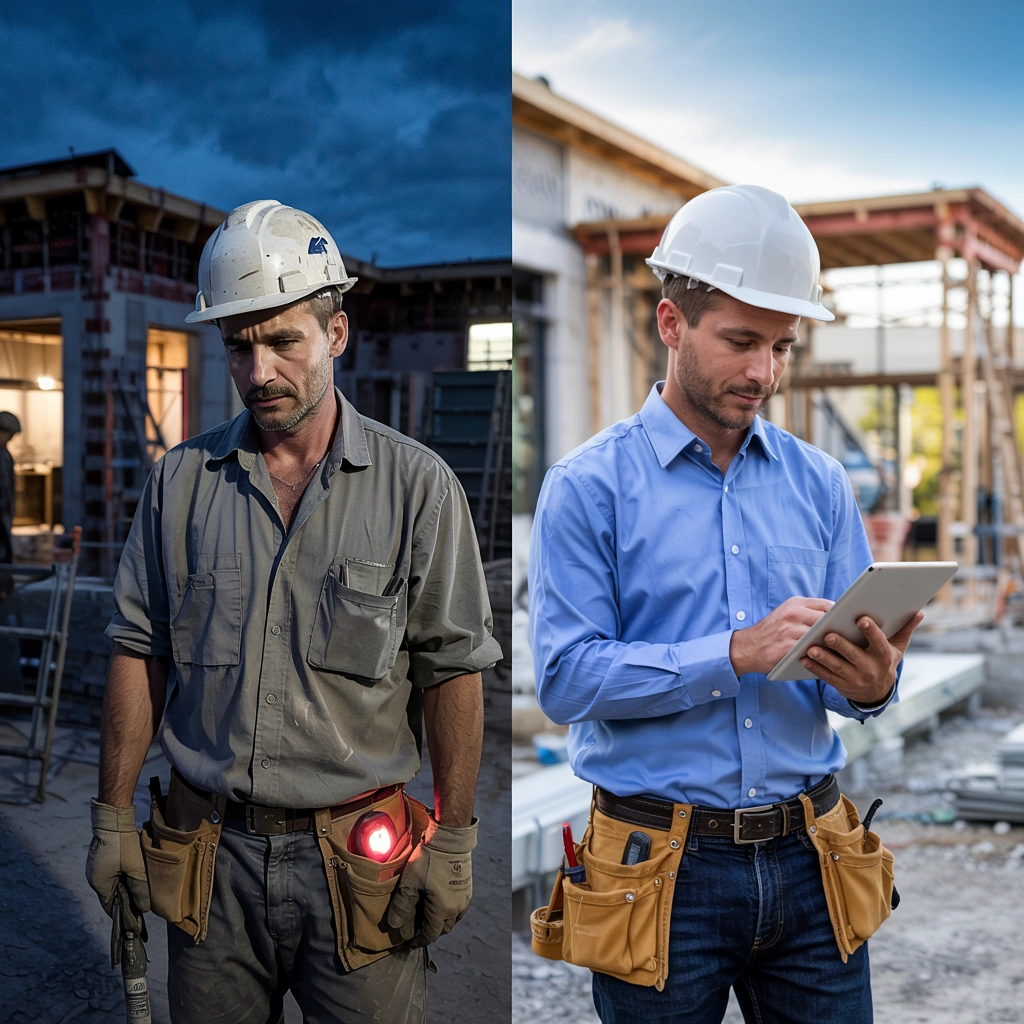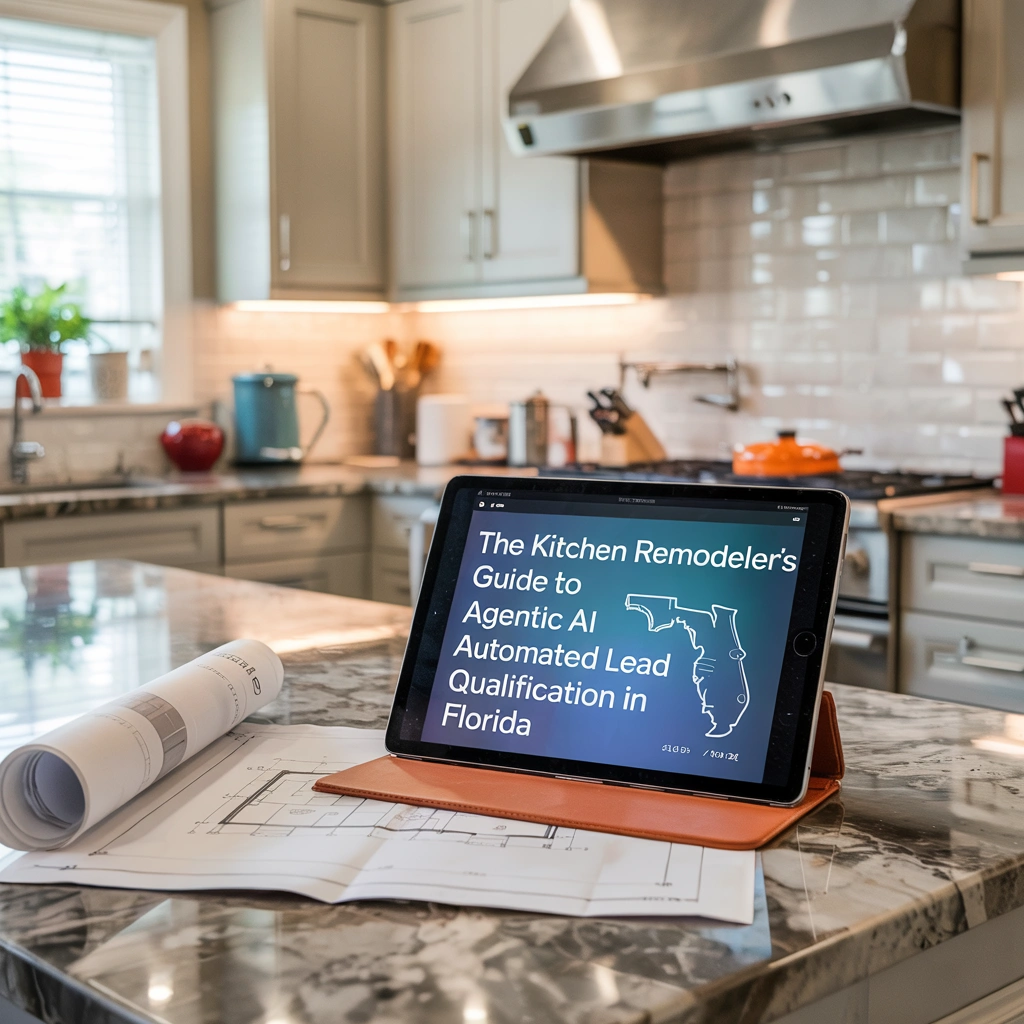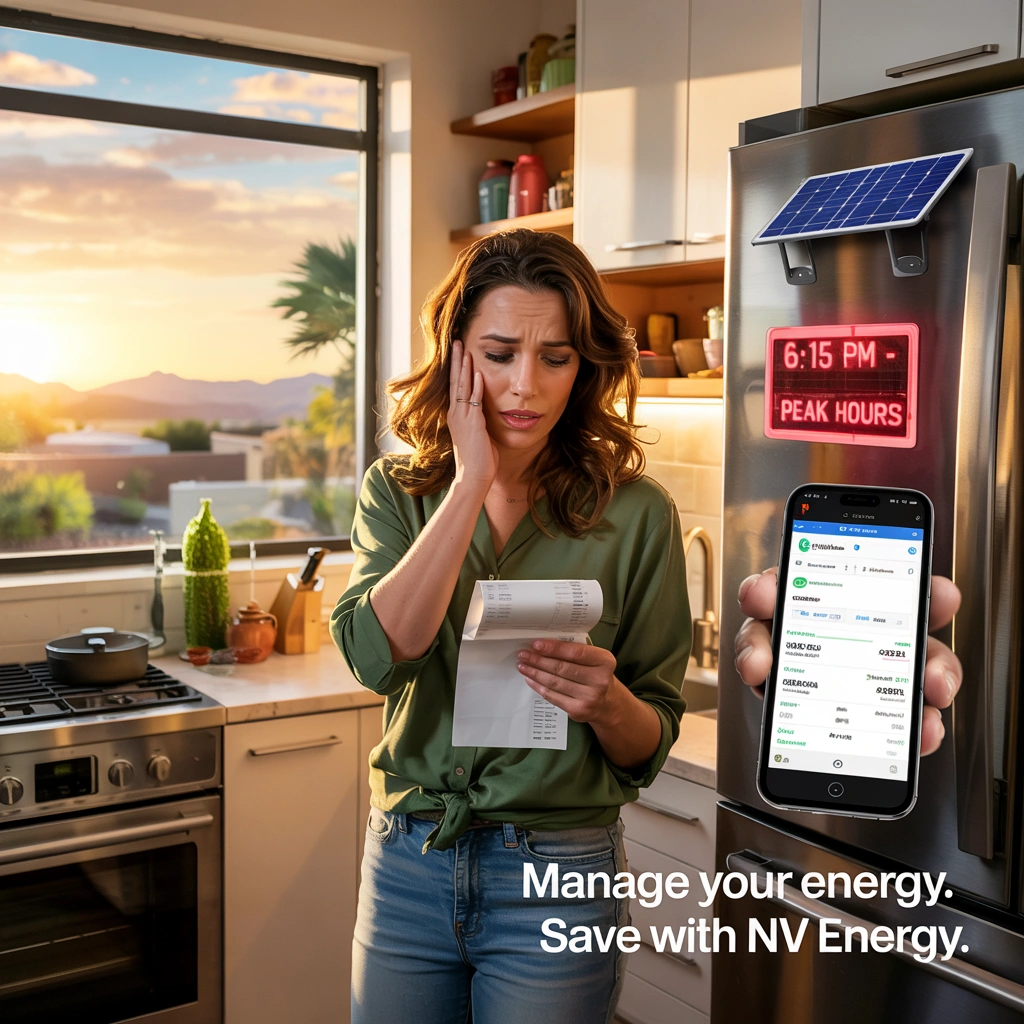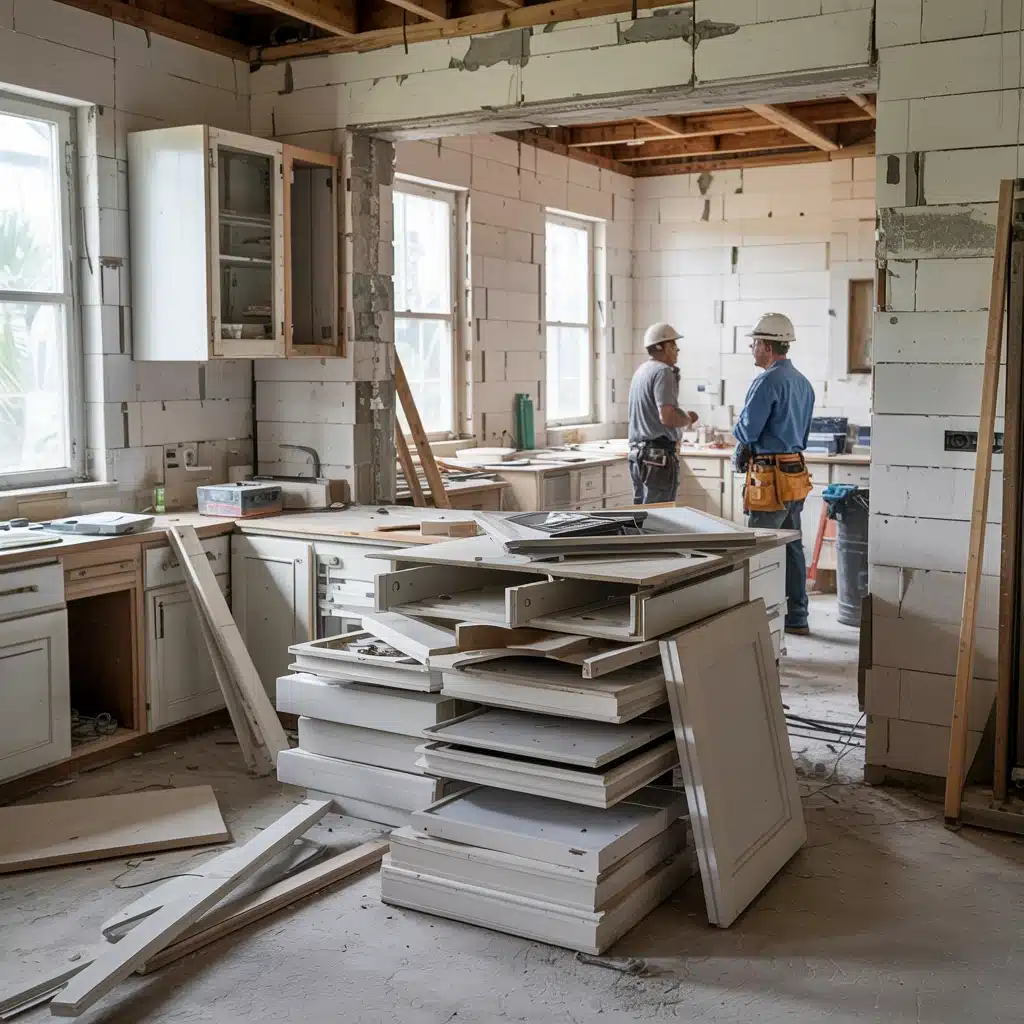
Florida Kitchen Remodel: Understanding the Impact of Demolition Costs
- Kitchen demolition costs in Florida range from $1,500 for small kitchens to $8,000 for large spaces, with additional expenses for trash removal and permits.
- Florida’s unique challenges include concrete block construction (30-50% more expensive to demolish), high humidity causing hidden mold, and stricter hurricane code requirements.
- Professional demolition typically takes 1-3 days compared to 1-2 weeks for DIY approaches, often saving money in the long run.
- M&J Trusted Marketing recommends adding a 20% contingency to your demolition budget to account for unexpected issues common in Florida homes.
- Permit fees ($100-$500 per trade) and approval timelines (2-4 weeks) are critical factors that many homeowners overlook in their renovation planning.
The Hidden Costs Sabotaging Your Florida Kitchen Remodel Budget
You’ve picked out gorgeous quartz countertops and dreamed of that perfect farmhouse sink, but have you honestly accounted for demolition costs? Most Florida homeowners focus on the glamorous aspects of kitchen renovations while underestimating the critical first phase—demolition. This oversight can derail your budget before construction even begins.
At M&J Trusted Marketing, we’ve analyzed hundreds of Florida luxury kitchen remodel projects and found demolition typically consumes 10-15% of the total budget. Yet it’s the most frequently underestimated expense. Understanding these costs upfront helps you create a realistic renovation plan and avoid mid-project financial surprises.
Demolition isn’t just about swinging sledgehammers. In Florida, it involves handling unique challenges like concrete block construction, potential mold from our humid climate, and stringent hurricane code requirements. Let’s break down what you’re paying for when demolishing your Florida kitchen.
Real Demolition Costs in Florida Kitchens
Typical Price Ranges by Kitchen Size
Demolition costs scale directly with kitchen size. In Florida, expect to pay:
- Small kitchens (100-150 sq ft): $1,500-$3,000
- Medium kitchens (150-250 sq ft): $2,500-$5,000
- Large kitchens (250+ sq ft): $4,000-$8,000
These figures represent professional demolition services, including labor and basic disposal. However, they’re just the starting point for understanding your total demolition expenses.
Additional Costs Beyond Labor
Beyond the base demolition costs, budget for these essential extras:
- Trash removal: $300-$1,500 depending on volume
- Permit fees: $100-$500 depending on county requirements
- Utility disconnections: $200-$400 for professional plumbing and electrical work
- Asbestos or lead testing (for pre-1980 homes): $300-$800
- Hazardous material removal (if needed): $500-$2,000+
Selective demolition can reduce costs significantly. Removing just cabinets costs $500-$1,200, while countertop removal runs $200-$600. Wall removal is the most expensive element at $500-$2,000, especially if it’s load-bearing or contains plumbing and electrical elements.
Regional Price Variations Across Florida
Demolition costs vary considerably throughout Florida. Miami-Dade and Broward counties typically command premium pricing—15-20% higher than the state average due to stricter building codes and higher labor costs. Central Florida prices generally align with the state average, while rural areas might offer savings of 10-15%.
Coastal properties often face higher demolition costs due to additional considerations for salt exposure and hurricane protection. Urban areas with limited access or parking challenges may incur additional fees for logistics and disposal.
Florida-Specific Demolition Challenges
1. Concrete Block Construction Issues
Unlike many northern states that primarily use wood-frame construction, Florida homes frequently feature concrete block construction. This difference significantly impacts demolition costs and approaches. Concrete block demolition requires specialized equipment, more labor hours, and different disposal methods.
Contractors estimate that demolition in concrete block homes costs 30-50% more than equivalent work in frame construction. The additional expense comes from needing heavier equipment, more labor hours, and specialized cutting tools. If your renovation involves removing or modifying walls, this factor becomes especially important.
Many older Florida kitchens feature concrete block walls covered with drywall. Contractors often discover these structural elements only after demolition begins, leading to unexpected cost increases and timeline extensions.
2. Humidity and Mold Considerations
Florida’s infamous humidity creates unique demolition challenges not found in drier climates. High moisture levels often lead to hidden mold growth behind cabinets, under sinks, and within wall cavities. These issues typically remain invisible until demolition begins.
Professional demolition contractors in Florida budget extra time for addressing these moisture-related issues. They bring specialized equipment for mold detection and remediation. The discovery of significant mold can add $500-$2,000 to your demolition costs, depending on severity and extent.
Water damage is another common finding during Florida kitchen demolitions. Years of small leaks around plumbing fixtures often cause subfloor damage that requires additional repair before new installations can proceed.
3. Older Home Hazardous Materials
Florida experienced significant construction booms in the 1950s-1970s when building materials now considered hazardous were commonly used. Homes built before 1980 frequently contain asbestos in floor tiles, insulation, and textured ceilings. Lead paint was also standard in kitchens until 1978.
Discovery of these materials requires professional remediation following strict EPA guidelines. Testing costs $300-$500, while professional removal can add $1,500-$5,000 to your demolition budget, depending on the extent of contamination.
These environmental concerns can’t be ignored or handled through DIY approaches. Florida regulations require certified professionals for hazardous material removal, with proper documentation of disposal.
4. Hurricane Code Requirements
Florida’s building codes have changed significantly in response to hurricane damage, particularly after Hurricane Andrew in 1992. These code changes impact demolition work, especially when structural elements are modified.
Modern kitchen renovations often involve removing walls to create open-concept spaces. In Florida, this requires special consideration for maintaining the home’s hurricane resistance. Structural modifications might require engineered plans and additional reinforcement, adding complexity and cost to the demolition phase.
Contractors must understand current hurricane code requirements and how they apply to your specific property. This specialized knowledge is crucial for ensuring your renovation remains code-compliant while achieving your design goals.
Permit Requirements and Their Financial Impact
Required Permits for Kitchen Demolition
Florida takes permitting seriously, and kitchen demolitions almost always require official approval. The specific permits needed depend on your project scope:
- Electrical permits: Required for any changes to electrical systems, including moving outlets or adding circuits
- Plumbing permits: Needed when relocating sinks, dishwashers, or modifying supply lines
- Structural permits: Mandatory for wall removal or modification of load-bearing elements
- Mechanical permits: Required for changes to HVAC systems that might be affected during renovation
Obtaining these permits adds both cost and time to your project. However, skipping this step creates significant risks, including potential fines, forced removal of completed work, and complications when selling your home.
County-by-County Cost Variations
Permit costs vary significantly across Florida’s 67 counties. Miami-Dade and Broward typically have the highest fees, with basic kitchen demolition permits starting around $150-$250 and potentially reaching $500+ when multiple trades are involved.
Central Florida counties like Orange and Seminole generally charge moderate fees, typically $100-$300 for standard kitchen demolition permits. Rural counties often have lower fees but may have fewer staff members processing applications, potentially extending approval timelines.
Some municipalities offer expedited permit processing for additional fees. This option can be worthwhile if your project timeline is tight, reducing approval wait times from weeks to days.
Consequences of Skipping Permits
The temptation to bypass permits is understandable but extremely risky. Unpermitted work can lead to:
- Municipal fines that often exceed what the permit would have cost
- Orders to remove completed work for inspection, potentially destroying finished elements
- Insurance claim denials if problems develop in areas with unpermitted modifications
- Disclosure requirements when selling your home, potentially reducing value or complicating sales
- Liability issues if unpermitted work causes injury or property damage
Professional contractors in Florida typically refuse to work without proper permits, as they risk their licensing and insurance coverage. If a contractor suggests skipping permits, consider it a major red flag.
DIY vs. Professional Demolition: The True Cost Comparison
Safety and Liability Considerations
DIY demolition might seem like a simple way to save money, but the safety risks in Florida kitchens are substantial. Professional demolition crews bring specialized safety equipment and training for hazard identification.
Common DIY demolition injuries include cuts from hidden nails or sharp materials, respiratory problems from dust and mold exposure, and serious injuries from improper tool use. These risks increase in Florida homes due to our unique construction methods and environmental factors.
Professional demolition contractors carry liability insurance and workers’ compensation coverage. If accidents occur, their policies cover the costs. DIY accidents typically fall under homeowner’s insurance, which may deny claims for renovation-related injuries or might carry high deductibles.
Time Value and Project Timeline
The timeline difference between DIY and professional demolition is substantial. Professional crews typically complete kitchen demolition in 1-3 days, while DIY approaches often take 1-2 weeks of evenings and weekends.
This extended timeline creates several hidden costs:
- Additional weeks without a functional kitchen, increasing food costs, and inconvenience
- Extended exposure to construction dust and debris throughout your home
- Delayed start for subsequent renovation phases, potentially affecting contractor availability
- Longer overall project duration, which can impact financing costs if you’re using loans
Many homeowners underestimate the physical demands of demolition work. Florida’s heat and humidity make the labor even more challenging, extending DIY timelines further than anticipated.
Hidden Costs of DIY Mistakes
The most expensive aspect of DIY demolition often comes from mistakes that professionals would avoid. Common DIY errors include:
- Damaging electrical wiring or plumbing hidden in walls
- Improper removal of load-bearing elements
- Inadequate protection of adjacent areas, leading to collateral damage
- Improper hazardous material handling, potentially creating health risks and cleanup costs
- Insufficient debris sorting is increasing disposal costs substantially
One Tampa homeowner’s experience illustrates these risks perfectly. While removing kitchen cabinets, he accidentally damaged a concealed water line. The resulting water damage to his hardwood floors and substructure cost $3,200 to repair—more than double what professional demolition would have cost initially.
Smart Budgeting Strategies for Demolition
Creating a Realistic Contingency Fund
The single most important budgeting strategy for Florida kitchen demolition is establishing an adequate contingency fund. Construction professionals consistently recommend setting aside at least 20% of your estimated demolition costs for unexpected issues. This isn’t arbitrary—it’s based on decades of experience with Florida’s unique construction challenges.
This contingency becomes especially important in older homes. Properties built before 1990 frequently hide surprises behind walls and under floors. Water damage, outdated wiring, and non-standard construction methods all contribute to potential cost increases once demolition begins.
The contingency fund should be kept separate from your main renovation budget. This psychological separation helps prevent the common mistake of reallocating contingency funds to upgrades or finishes before demolition is complete. Resist the temptation to spend this money until all demolition work is finished and inspected.
Timing Your Project to Reduce Costs
Smart timing can significantly impact your Florida kitchen demolition costs. Consider these strategic scheduling approaches:
- Avoid hurricane season when possible: Demolition costs often increase during Florida’s hurricane season (June through November). Contractors are busier with storm-related work, and material costs may spike. Winter and early spring typically offer better contractor availability and potentially lower pricing.
- Schedule during contractor slow periods: Many Florida contractors experience slower business in January and February after the holiday renovation rush. Some offer discounted rates during these periods to maintain consistent work for their crews.
- Coordinate with other home projects: If you’re planning multiple renovation projects, coordinating them can reduce demolition costs. Contractors often offer better pricing for larger projects, and disposal costs can be shared across multiple areas.
Advanced scheduling also allows more time for thorough planning, permitting, and material selection—all factors that help control demolition costs by reducing mid-project changes.
Selective vs. Full Demolition Approaches
The scope of demolition significantly impacts your budget. Consider these approaches based on your renovation goals:
Full demolition involves removing everything down to the studs and subfloor. This approach costs more upfront but provides maximum flexibility for reconfiguring your kitchen layout. It’s typically best for older kitchens with outdated electrical and plumbing systems or when making major layout changes.
Selective demolition preserves certain elements while replacing others. Common selective approaches include:
- Keeping solid wood cabinets but replacing doors and hardware ($2,000-$4,000 savings)
- Maintaining the existing layout but upgrading finishes ($1,500-$3,000 savings)
- Preserving specialty flooring while replacing everything else ($1,000-$2,500 savings)
A hybrid approach often provides the best value. Many Florida homeowners save by preserving high-quality elements like solid wood cabinets or specialty flooring while fully demolishing areas with water damage or outdated systems.
Finding and Vetting Qualified Demolition Contractors
Essential Licensing and Insurance Requirements
Florida law requires contractors to be properly licensed for their scope of work. For kitchen demolition, verify these credentials:
- Valid Florida contractor license: Demolition work typically requires either a general contractor license or a specialty license appropriate for the scope of work. Verify license status through the Florida Department of Business and Professional Regulation (DBPR).
- Local business license: Most Florida counties and municipalities require contractors to have local business licenses in addition to state credentials.
- Proper insurance coverage: Legitimate contractors should carry:
- General liability insurance (minimum $1 million coverage)
- Workers’ compensation insurance for all employees
- Vehicle insurance for company trucks and equipment
Always request certificates of insurance directly from the contractor’s insurance provider, not just copies provided by the contractor. This prevents potential fraud and ensures policies are current.
Questions to Ask Before Hiring
Screening potential demolition contractors thoroughly helps prevent costly mistakes. Ask these critical questions during your selection process:
- “How many similar kitchen demolitions have you completed in Florida homes built during the same era as mine?” (Look for specific experience with your home’s construction type and age)
- “What unexpected issues do you typically encounter in Florida kitchen demolitions, and how do you handle them?” (Their answer reveals experience level and problem-solving approach)
- “Who will obtain the necessary permits, and how is that cost structured?” (Some contractors charge additional fees for permit running)
- “What protection measures do you use to prevent damage to adjacent areas?” (Experienced contractors have comprehensive dust containment and floor protection systems)
- “How do you handle potential hazardous materials discovery?” (They should have established protocols for testing and professional remediation)
- “What is your payment schedule, and how do you handle change orders?” (Avoid contractors requiring large upfront payments)
Red Flags to Watch For
Be alert for these warning signs when selecting a demolition contractor:
- Unusually low bids: Estimates significantly below others often indicate corners will be cut or change orders will be used to increase the price later
- Reluctance to provide license information: Legitimate contractors readily share their license numbers and insurance details
- Pressure to skip permits: Professional contractors never suggest bypassing required permits
- Demands for large cash deposits: Reputable companies accept credit cards or checks and rarely require more than 10-30% upfront
- No written contract: Always insist on detailed written agreements specifying scope, timeline, payment schedule, and change order procedures
- Poor communication: If they’re difficult to reach before the job starts, communication will likely worsen once work begins
Request references from recent kitchen demolition projects and contact them. Ask specific questions about timeline adherence, cleanliness, problem resolution, and whether the final cost matched the initial estimate.
Why Proper Demolition Is Your Kitchen Remodel’s Foundation for Success
Though demolition lacks the excitement of selecting beautiful finishes and fixtures, it’s arguably the most critical phase of your Florida kitchen renovation. Proper demolition creates a clean, structurally sound foundation for everything that follows.
Successful kitchen renovations begin with thorough planning and realistic expectations. By understanding Florida’s unique demolition challenges, budgeting appropriately, and selecting qualified professionals, you position your project for success from the start.
The investment in professional demolition typically pays dividends throughout your renovation. It reduces overall project risk, prevents costly mid-project surprises, and ensures your new kitchen is built on a solid foundation free from hidden problems.
As you plan your Florida kitchen remodel, remember that demolition isn’t just about tearing things out—it’s about strategic preparation for creating the kitchen of your dreams. The care and attention given to this initial phase will influence every aspect of your renovation journey.
M&J Trusted Marketing specializes in connecting Florida homeowners with vetted kitchen renovation experts who understand the critical importance of proper demolition planning and execution.
How Kitchen Remodeling Companies Can Leverage This Content
This informative article, “Custom vs. Stock Cabinets: What’s Best for Your Florida Kitchen Budget?” can be adapted and repurposed across multiple marketing formats to help kitchen remodeling companies establish expertise, build trust with potential clients, and differentiate their services in a competitive market. We help Effective lead generation techniques for remodeling contractors transform technical content like this into powerful marketing campaigns across all digital channels, ensuring maximum reach and engagement with potential customers.
